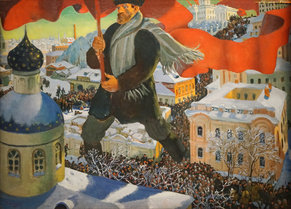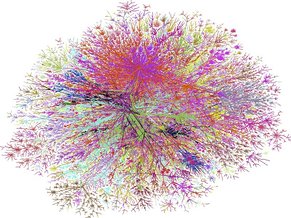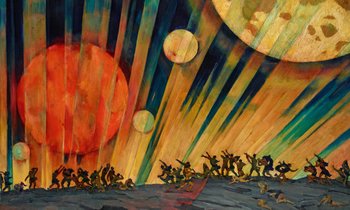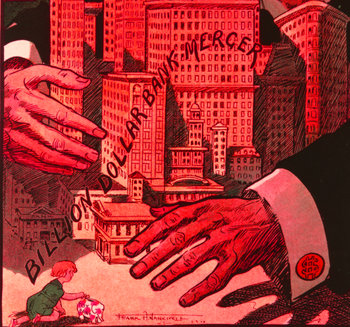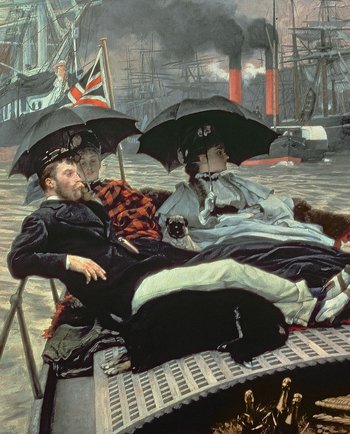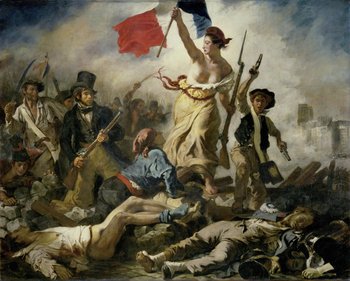
Overwhelming Success
The argument that capitalism is an overwhelming success such as the observation that close to all economic production that supports the current world population of 7.6 billion people stems from capitalist economic systems. All countries, with a handful of exceptions such as North Korea, currently have a capitalist system of one flavor or another including social market economies such as Sweden.There is No Alternative
The argument that the main alternatives to capitalism such as communism were tried with disastrous results such as the Great Chinese Famine of 1959 – 1961 that claimed the lives of an estimated 20 to 50 million people.Quality of Life
The observation that the global capitalist economy has raised quality of life on a global basis. For example, no country has a lower expectancy than the country with the highest life expectancy in 1800. World life expectancy increased from 29 years in 1800 to 72.6 in 2019.Too Big To Fail
The argument that global systems, nations and populations tend towards panic when their capitalist economies experience a few quarters of negative growth as in the case of a recession. From this it can be argued that societies and their populations aren't inclined towards toppling capitalism but are rather likely to do whatever is necessary to defend it.Socialist Idealism
The argument that supporters of socialism have a tendency to promote magical thinking that doesn't align to historical realities or human behavior. For example, the argument that communism would somehow clean up the environment despite the history of ecological mismanagement and disasters in historical communist nations.Socialist Elites
The argument that communism doesn't create equality that it just replaces a capitalist elite with a bureaucratic elite that implements central planning of the entire economy.Human Nature
The argument that the profit motive aligns with human motivations more than working hard day after day for the "greater good" of society in general. This would suggest that productivity, innovation and quality would go into a steep decline without the economic rights and freedoms that form the basis for capitalism.Learning From History
The argument that modern socialists haven't learned from history or that they claim "this time it will be different" without sufficient explanation and data.Capitalist Pragmatism
The argument that problems with capitalism such as inequality and environmental destruction can be solved within the capitalist system itself. For example, taxing the super wealthy and redistributing these resources as education, healthcare and basic income programs. Environmental problems could be addressed with a market for economic bads that caps pollution at some sustainable level.Socialist Pragmatism
Most developed nations use taxation as a form of limited income redistribution in the form of public services and direct payments such as welfare benefits. This is known as democratic socialism -- a variant of socialism that uses the profit motive and markets to achieve efficiency and productivity with social services funded by taxation. This could be described as socialist pragmatism that seeks achievable improvements to a dominant system that isn't going to be easy to completely replace.Participation
The more people who participate in capitalism and benefit from it, the more unlikely alternatives may seem. As such, capitalist realism feels all the more realistic in a society with a large and thriving middle class and bourgeoisie. As both of these classes own capital they have little interest in overthrowing capitalism. Without wide participation, capitalist realism begins to look more and more idealistic as it becomes an obvious choice for the masses to simply seize the capital of a relatively small elite.Complacency
Capitalist realism may create a complacency amongst global elites that their position is secure no matter how far they push things such as rent seeking, crony capitalism, anti-competitive practices, conspicuous consumption, environmental destruction or aggressive tax structures and strategies. Mark Fisher viewed capitalist realism as an oppressive force that may backfire potentially toppling capitalism.The very oppressive pervasiveness of capitalist realism means that even glimmers of alternative political and economic possibilities can have a disproportionately great effect. The tiniest event can tear a hole in the grey curtain of reaction which has marked the horizons of possibility under capitalist realism. From a situation in which nothing can happen, suddenly anything is possible again.
― Mark Fisher, Capitalist Realism: Is there no alternative?
Cold Logic
The term capitalist realism is often used to describe the excesses of capitalism such as cold logic whereby money is used to model human problems without concern for human aspects of the problem. For example, evaluating education programs in terms of the salaries of graduates without considerations such as art, culture and the value of knowledge to humanity.Failure of Imagination
As capitalism is pervasive and dominant it can be argued that we have acquired a learned inability to imagine systems beyond it.Defense of the Status Quo
Capitalist realism is a type of defense of the status quo whereby people resist change to a system that sustains them. This isn't necessarily irrational if there is some reasonable argument for sustaining the present system. Those who view capitalism as an oppressive or destructive force may certainly feel that this is irrational but this requires evidence and debate. In other words, it would be lazy to simply write off capitalists as being unimaginative, biased and fearful of change.Notes
Capitalist realism is analogous to corporate narcissism whereby a dominant firm becomes complacent and arrogant thus opening the door to smaller rivals that seek to displace it.| Overview: Capitalist Realism | ||
Type | ||
Definition (1) | The theory that there is no realistic alternative to capitalism. | |
Definition (2) | The observation that capitalism is a dominant system on a global basis that is broadly viewed as a primary source of quality of life. | |
Definition (3) | The theory that people have acquired a learned inability to imagine systems beyond capitalism. | |
Definition (4) | The argument that defenders of capitalism use realism as a guise for positions that are cold, unimaginative or fearful of change. | |
Related Concepts | ||


